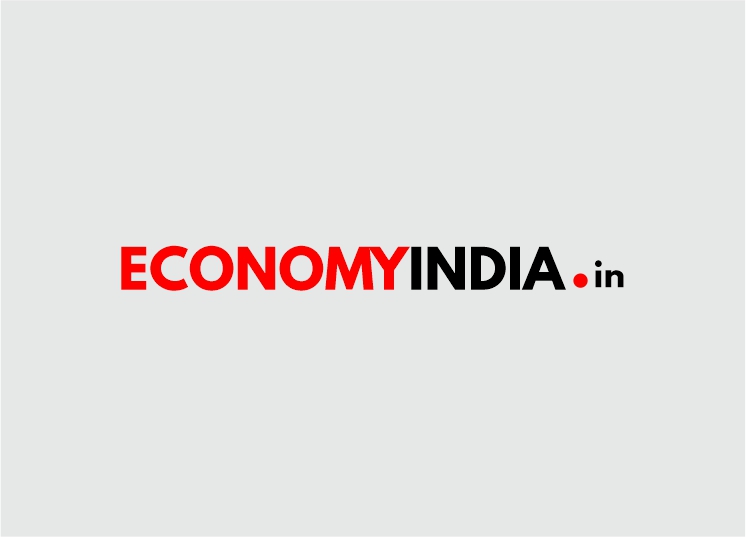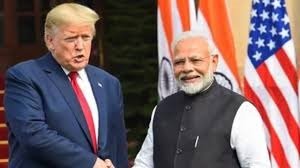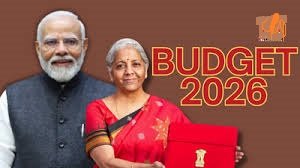According to reports as thermal power generation from imported coal has been on a declining trend due to high prices, the government is gearing up to meet the shortage through domestic sources as majority of plants are either on the coast or far off from mines. To ensure availability of the dry fuel, the Cabinet Secretary will now periodically review railways rake movement for the same.
Last month, Coal Secretary Anil Kumar Jain met senior officials from the ministry, railways and coal mining companies on availability for the power sector. He said almost 8 per cent of thermal power generation used to come from imported coal-based plants, which has fallen to 3 per cent due to higher coal prices.
Strain On Railways
Jain warned that power generation from imported coal is expected to drop further in future, which will put a strain on railways for transportation of domestic coal to substitute for imports. Coal imports by power plants stood at 190.95 MT in FY19, which surged to 248.54 MT in FY20 before falling to 215 MT in the Covid-impacted FY21. During April-October period in FY22, coal imports stood at 18.14 MT against 26.79 MT during the same period in FY21, the report said.
“The Cabinet Secretary will be specially reviewing the capability of railways for transportation of coal upcountry as most of the imported coal-based thermal power plants are located on coast and far off. CHP/SILO and other FMC projects will help in reducing turnaround time of wagons/rakes which is very important,” the ministry added.
At present, the rake movement is not sufficient to meet the demand. Against a daily average loading plan of 301 rakes, the railways could load only 259.6 rakes. During December 2021, the daily average load stood at 264.6 rakes.
The development assumes importance as India intends to discourage coal imports, while at the same time, the country’s power consumption is increasing. As coal is still the mainstay of India’s power generation, meeting the requirement is crucial for uninterrupted power supply.
Earlier last month, Jain had said India will end coal imports for thermal power generation by 2024. The government has also set a target of all India coal production of 1.2 billion tonnes up to FY24. The Ministry of Power has also projected a requirement of 727 MT of domestic coal for power generation for FY23, the report said.
Coal demand is higher than the current levels supply and the gap cannot be bridged completely as there is insufficient availability and reserve of prime coking coal in India. Besides, coal imported by power plants designed on imported coal and high grade coal required for blending purposes is also imported as this cannot be fully substituted by domestic coal as reserves of high grade coal are limited.

Presently, coal is under Open General License (OGL) and consumers are free to import coal from the source of their choice. Thermal power based on domestic coal can use imported coal up to 10 percent for blending with domestic coal, where technically feasible, to meet the increased power demand in the country, the report said.
High Prices
Care Edge in a previous report said post June 2020, the coal prices were at an all-time low which was impacted by Covid-19 and China’s cut down on import of coal from Australia. Australian thermal coal prices, a global benchmark, dipped to $50.1 per tonne in August 2020. Eventually, prices started rising again from April 2021 onwards and in October, seaborne thermal coal prices in Asia peaked to a new record high of $224.5 a tonne due to coal shortages in top importer countries like China and India. In November, the global benchmark decreased by 29.8 per cent to $157.5 per tonne and rose back to $169.7 per tonne in December 2021, the report said.
According to Fitch Ratings, the Indonesian government’s ban on coal exports in January this year has led to a rebound in APAC thermal coal prices. Power consumption in major Asian economies has been stabilising in the recent months. It expects more pressure on coal prices in the near term due to seasonally weaker demand and the lifting of restrictions in Indonesia. (Business Line)













